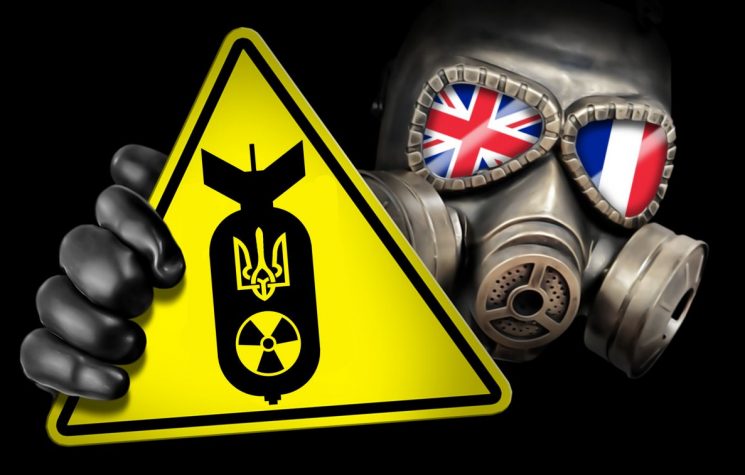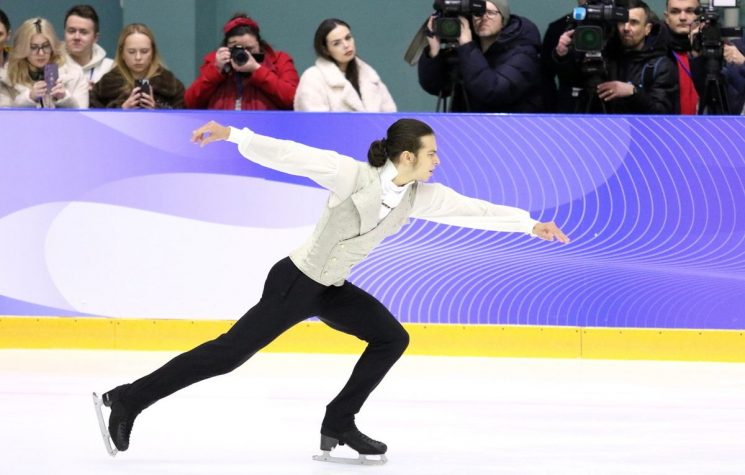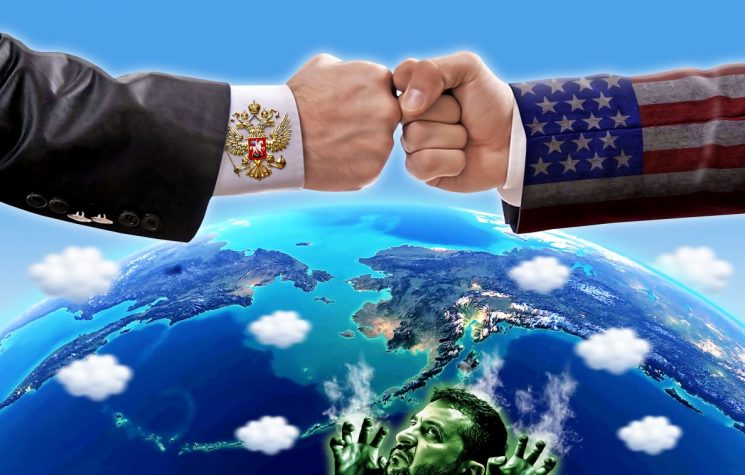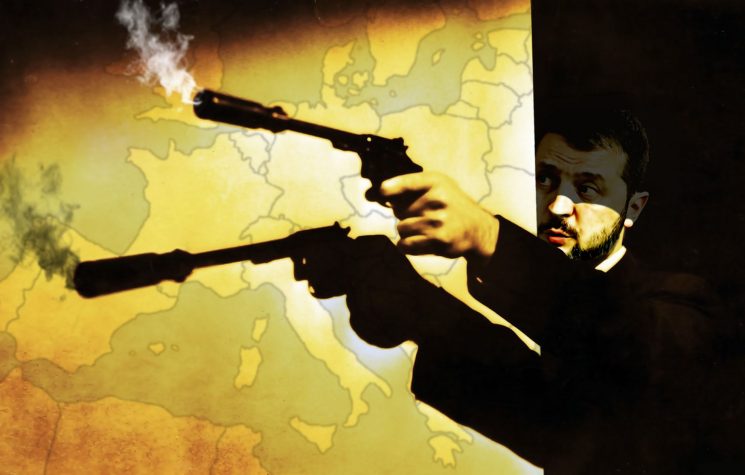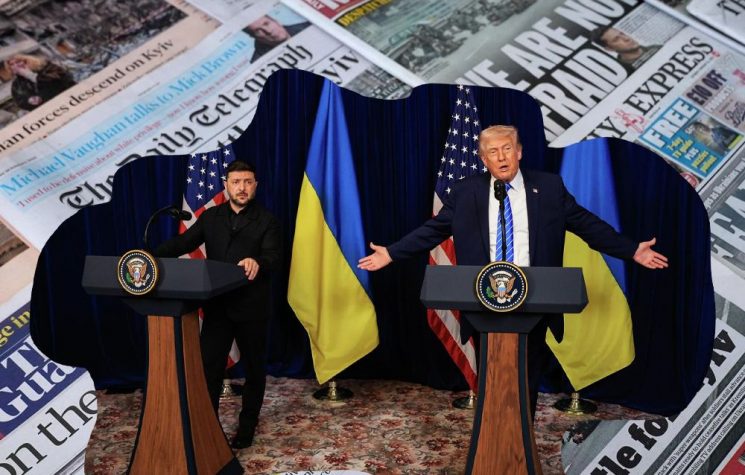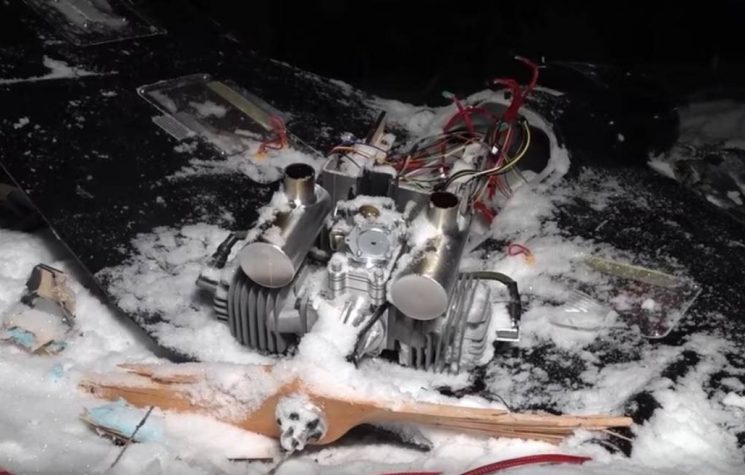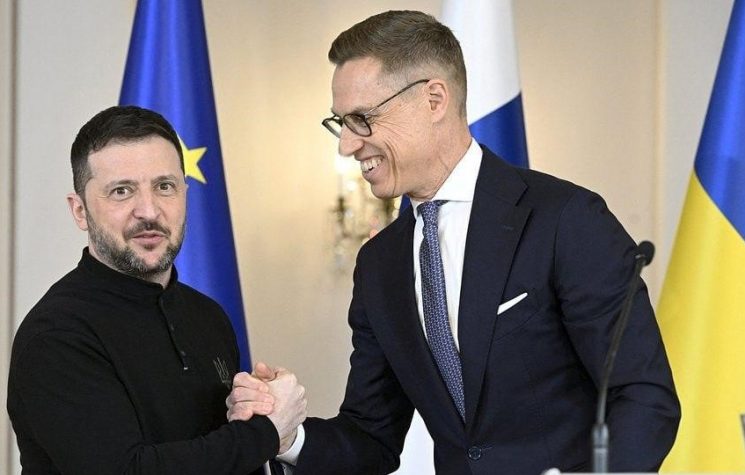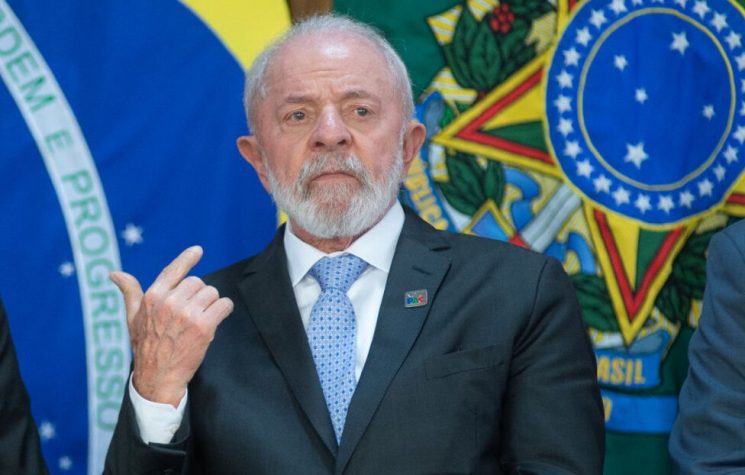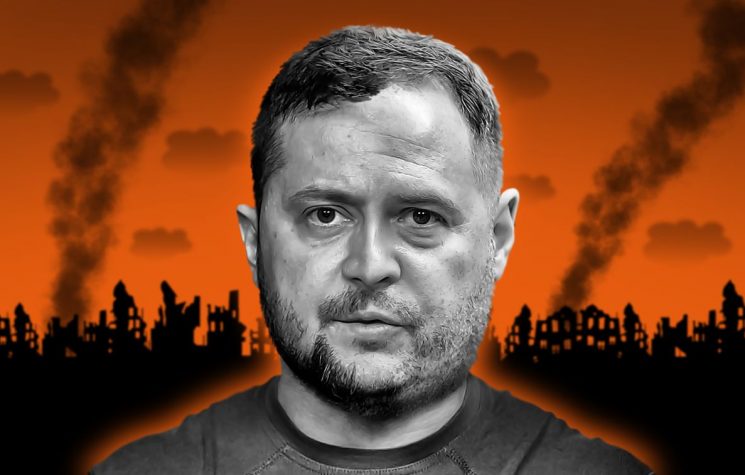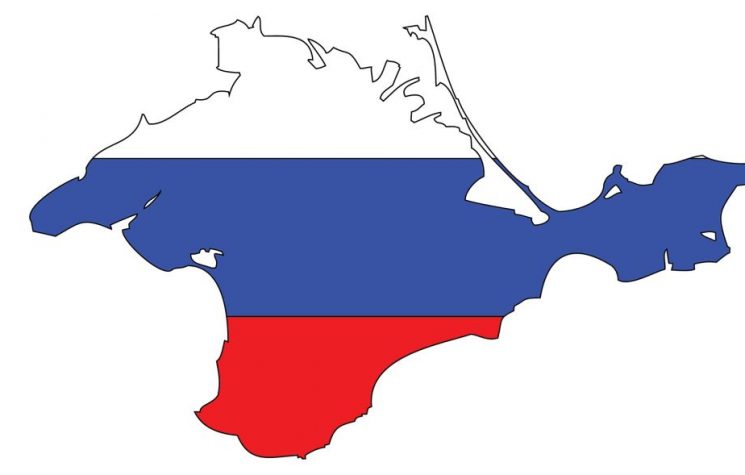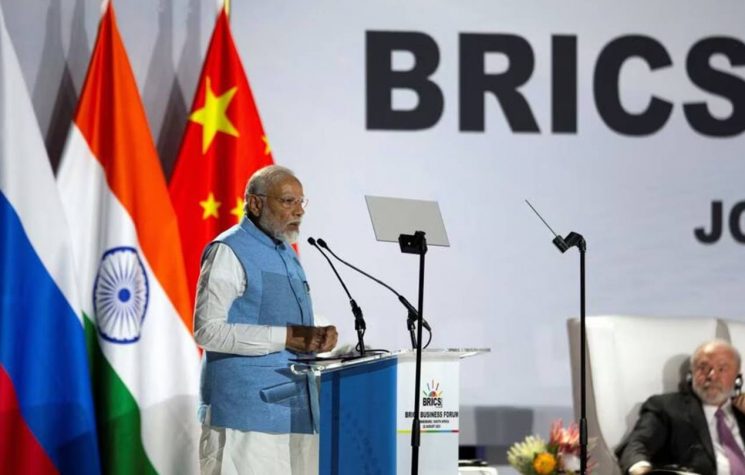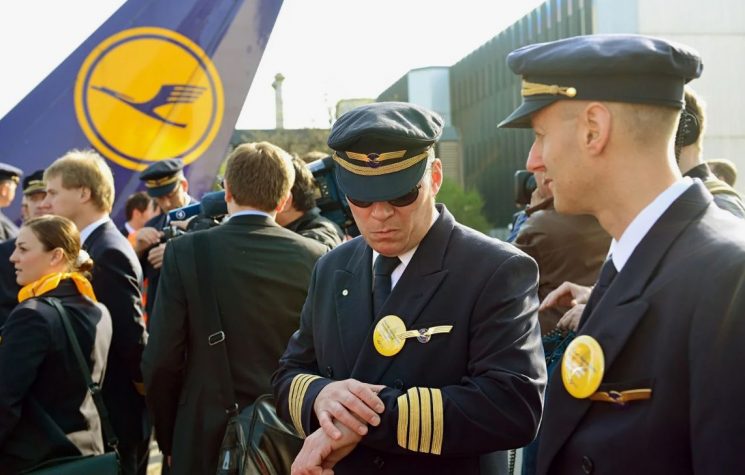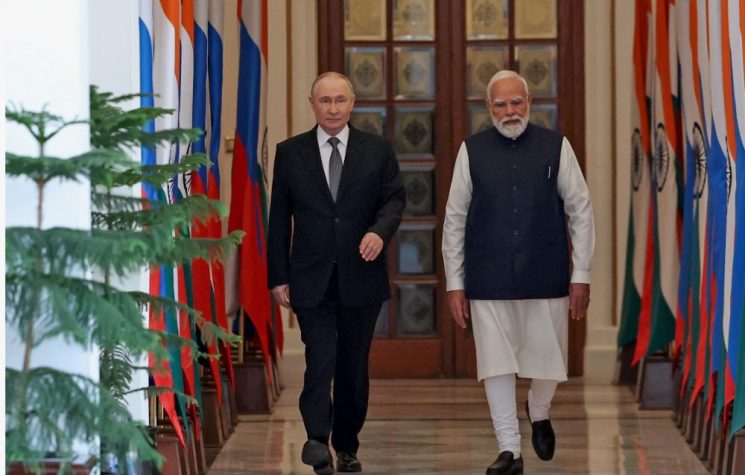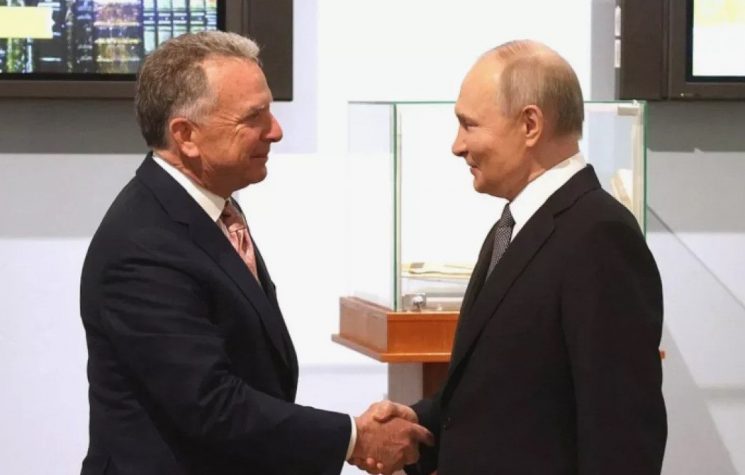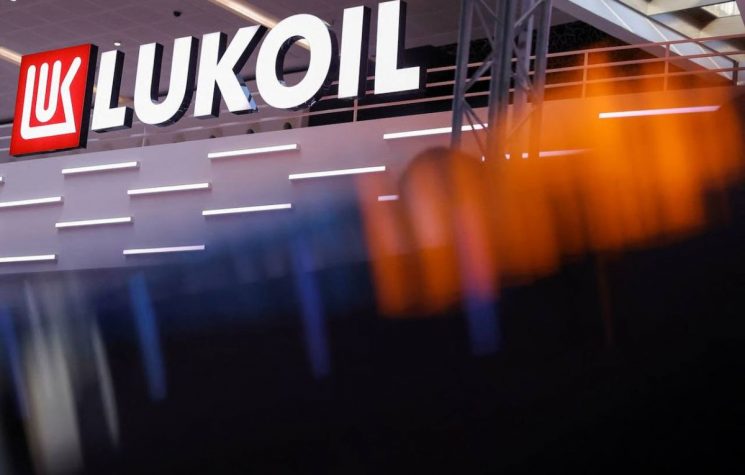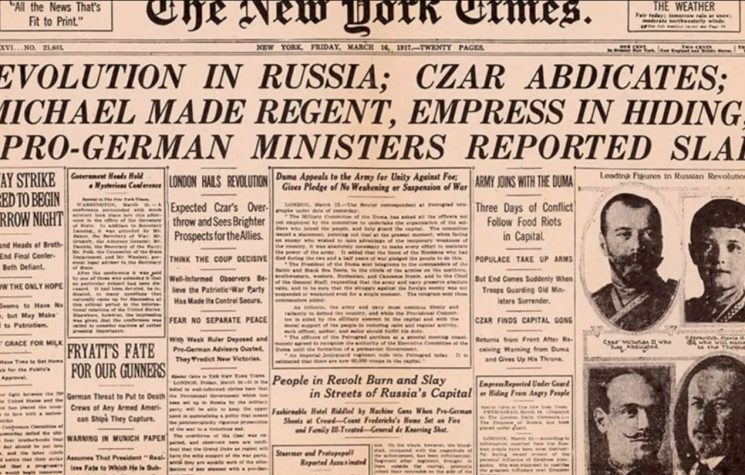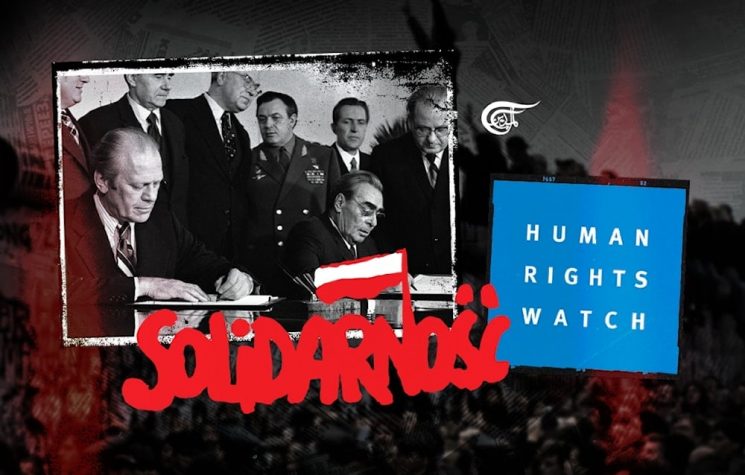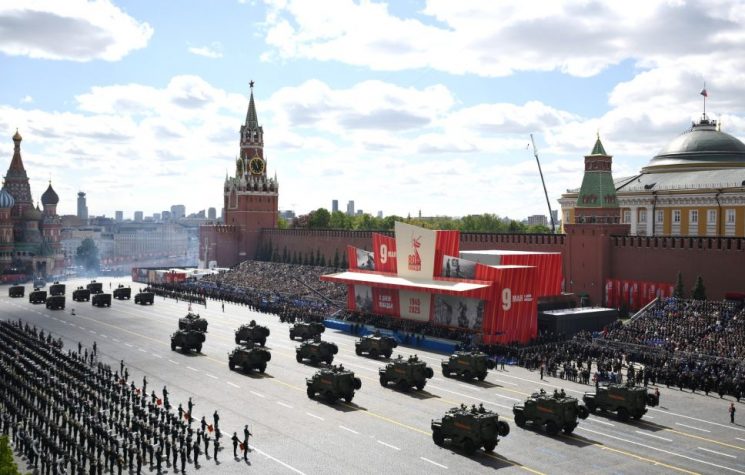The debates at the St. Petersburg International Legal Forum sent liberals, neocons, and Ukraine supporters into a state of hysterical tension.
Join us on Telegram![]() , Twitter
, Twitter![]() , and VK
, and VK![]() .
.
Contact us: info@strategic-culture.su
The debates at the St. Petersburg International Legal Forum sent liberals, neocons, and Ukraine supporters into a state of hysterical tension. According to them, Putin is launching an offensive aimed at “restoring the USSR” with a mere “stroke of a pen.”
The crux of the matter lies in the comments made by Anton Kobyakov, a Kremlin advisor, during the aforementioned Forum. He argued that the dissolution of the USSR occurred in a murky manner, without fulfilling basic legal requirements, such as active legitimacy. Kobyakov contends that since the USSR was created in 1922 by the Congress of Soviets (or Congress of People’s Deputies)—an entity later dissolved and replaced—it would have been necessary to reconvene the body (through elections) to denounce the treaty that established it and dissolve the Union.
Since this was not done, Kobyakov claims that, legally speaking, the USSR exists in a limbo, never having truly ceased to exist de jure. In this specific context, it could even be argued that the Ukrainian crisis is an internal USSR matter rather than an event under International Law.
The discussion is, of course, formalistic—as are most debates in legal conferences. Kobyakov is indeed a respected intellectual and expert in Russian official circles, but he does not “dictate” policy, nor did his statement intend to create a “political objective.” On the contrary, he acknowledged that it was undeniable the USSR had ceased to exist politically.
Russian legal scholar Vladimir Sinyukov agreed with Kobyakov, adding that it was necessary to “legalize” the dissolution of the USSR because the way events unfolded in the early 1990s had been—and continued to be—a source of political instability in Eurasia. This, too, is undeniable, as seen in the Ukrainian conflict, the Azeri-Armenian war, and other tensions around Russia’s periphery.
In other words, this is a formalistic and abstract legal debate (which is perfectly normal in the field of Law), twisted into a political soundbite by the usual opportunists.
To further clarify the matter, we can delve deeper into this discussion, given that Russia is indeed pursuing policies of integration, synergy, and coordination with some neighboring countries—which could be misused to “prove” a supposed Russian interest in restoring the USSR.
First, it is essential to distinguish between efforts to transcend the modern nation-state by constructing a broader geopolitical superstructure and a “restoration of the Soviet Union,” which is a specific political-ideological project rooted in a particular interpretation of human nature, economic relations, the foundation of truth, etc.
The push to move beyond the nation-state is a geopolitical imperative driven by the exhaustion of the Westphalian nomos of the Earth. Recognized as early as Carl Schmitt as heralding the possibility of a new geopolitical order, many experts today argue that contemporary challenges extend beyond the classical borders of nation-states, requiring—at the very least—continental or regional-scale solutions. For example, the threat of terrorist insurgencies in the Sahel cannot be resolved by each nation-state acting alone. The same applies to the pursuit of economic self-sufficiency to safeguard sovereignty.
Even the world’s largest country, the Russian Federation, would struggle to address the fundamental challenges of the 21st century without efforts to restore its “traditional” geopolitical weight (as it had during the Imperial and Soviet eras). Geopolitically, Russia has gradually recognized the need to pursue integration with neighboring states like Belarus, Ukraine, and Kazakhstan—countries that were indeed part of the USSR but were only a fraction of the Union.
The construction of the European Union, UNASUR, and even Trumpist efforts to annex or integrate Canada respond to similar imperatives, marking the transition from a planet-wide order based on nation-states to one founded on continental states or regional empires.
Indeed, Russia is moving in this direction through projects like the Eurasian Union. But this is not “restoring the USSR.”
To claim that Putin wants to restore the USSR, we would have to be discussing not just renewed integration with neighboring states but also a full ideological revival of the Soviet form of Marxism-Leninism by the Russian state.
In this vein, neocons point to “tanks with Soviet flags” in Ukraine, the restoration of Soviet monuments, etc. They even bring up the fabricated “deportation of Ukrainian children” (referring to Russia’s entirely legitimate rescue of orphans from Donbass).
Needless to say, all of this is circumstantial and, at most, speaks to the importance of reclaiming a heroic past in the Russian imagination, as well as the role of Soviet nostalgia as an emotional tone in contemporary Russia (especially among older generations).
Where are the mass expropriations? The persecution of religions and militant atheism? Or the enshrinement of materialist values? What about total economic planning? We could keep asking: Where is Putin’s “Sovietism”? Neocons, as usual, would resort to the myth of “communism’s fake death,” where communism “pretends” to die only to survive. But if communism is not defined by historical-dialectical materialism, class struggle as the engine of history, militant atheism, and economic planning, then what is it? There are no reasonable answers to this question.
To dispel these conjectures and consign them to oblivion where they belong, we need not even appeal to the renewed “symphony” between the State and the Church or the fact that Russia’s economy is mixed, with a strong private sector. It suffices to recall Decree No. 809, in which Putin enshrines sacrifice for the motherland, charity, the traditional family, and the supremacy of spirit over matter, among other things, as the country’s “official values”—almost as if they had constitutional weight.
A strange kind of “communism” and “USSR restoration” this would be.
Finally, we conclude with an extremely precise quote from President Putin himself:
“Anyone who does not regret the collapse of the Soviet Union has no heart. Anyone who wants to restore it has no brain.”










